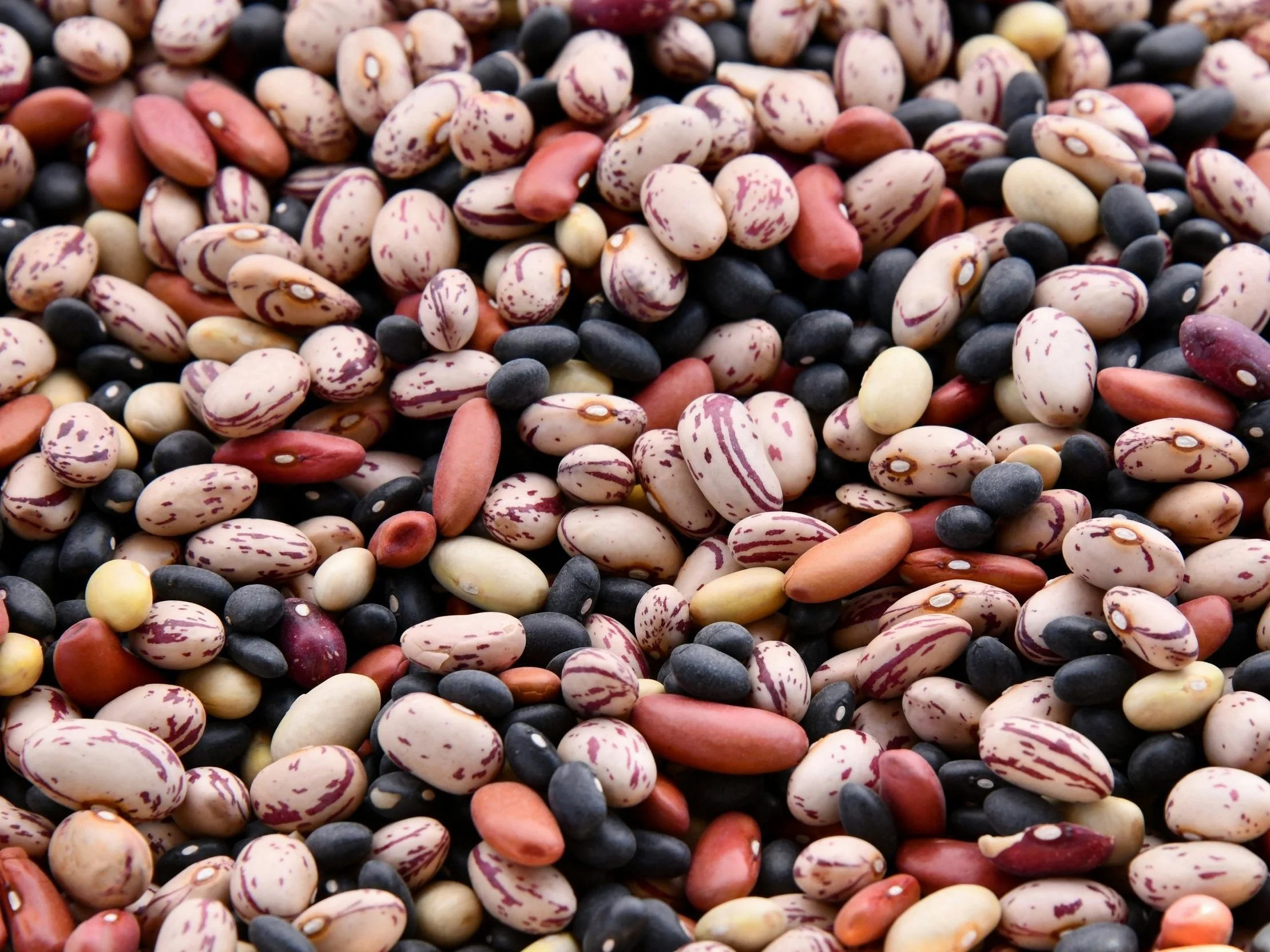The Complete Guide to Dietary Protein
We spend a lot of time talking about protein here at TeleHealthNP. Whether you have read our blog posts, joined our newsletter, or talked to us in a consultation, you have probably heard us suggest adding more protein to your diet.
Given all the time that we spend talking about protein, we figured it was time to make a master blog post breaking down exactly what protein is, what it does within your body, and why we think it is so important for weight management.
Read on to discover everything you ever wanted to know about protein—and more!
What is Protein?
Protein is found in every single tissue in your body including muscles, bones, skin, hair, and organs. Protein is made up of twenty different building blocks collectively called amino acids. These amino acids are arranged into long chains of differing combinations.
Our bodies don’t store amino acids, instead they build them by joining a central carbon atom to hydrogen, oxygen, and nitrogen atoms.
Some amino acids are built from scratch from atoms within our bodies, but nine essential amino acids come from food. These include histidine, isoleucine, leucine, lysine, methionine, phenylalanine, threonine, tryptophan, and valine.
These twenty amino acids make up about 10,000 different types of proteins within your body that serve several important functions.
In addition to forming your bodily tissues, proteins make up the enzymes that fuel important chemical reactions in your body. They also make up the hemoglobin in your blood which is responsible for carrying oxygen throughout your body.
How Much Protein is Enough?
Obviously protein serves several important functions within our bodies, but how much protein is enough? Eating too little protein can lead to a loss of muscle mass, anemia, and a slower metabolism, but people in developed countries are at low risk for malnourishment when compared to those who live in developing countries.
That being said, many people aren’t getting the optimal amount of protein in their diet due to the high carb, high fat, ultra processed foods that make up the majority of the standard American diet.
Experts at the National Academy of Medicine recommend that you get anywhere from 10% to 35% of your daily calories from protein. More specifically it is generally agreed among experts that seven grams per every twenty pounds of bodyweight is appropriate.
This equates to about 45g per day for women and 55g per day for men.
Just as important as the amount of protein you are eating is getting protein from a wide variety of dietary sources. When people think about high protein food sources, they usually picture red meat and poultry, but other protein rich foods include legumes like lentils and beans, nuts and seeds, and whole grains like wheat, quinoa, wild rice, oats, and millet.
How Protein Affects Hunger
Protein has been shown to actually increase satiety and decrease hunger cues. Eating a high protein diet actually reduces the hunger inducing hormone, grehlin, and increases satiety inducing hormones, both of which make you feel fuller.
In this way protein acts much the same way as GLP-1 medications. In fact, one study found that by increasing protein, subjects naturally ate fewer calories throughout the day.
Protein actually takes longer to digest when compared to other macronutrients like carbohydrates and fats, which makes it even better at sustaining that feeling of satiety even hours after a meal. This also gives you a more sustained release of energy, helping to stabilize your blood sugar.
Protein Can Help With Weight Management
Not only does protein increase satiety, helping you to feel fuller on fewer calories, it has a higher thermic effect than other nutrients, meaning it takes more calories to burn than carbs or fats.
Not only does protein help “boost” your metabolism, but it also helps with body recomposition, increasing your muscle mass even while you lose fat. What’s more is that studies show that increasing muscle mass can help prevent weight gain in the long term.
This is partly due to the fact that protein helps increase your muscle mass and your muscles burn more calories at rest than other cell types, increasing your overall metabolism.
For more on how protein can help you on your weight loss journey, check out this post!
Is There Such Thing As Too Much Protein?
As important as protein is, there are adverse health effects from eating too much protein including an increased risk of kidney stones. A high protein diet can also be a risk factor for people who already suffer from kidney disease.
Perhaps more important than the amount of protein is the importance of diversifying the sources of protein in your diet. For example, a diet high in red meat and dairy means a higher intake of saturated fat. Too much saturated fat can lead to heart disease and colon cancer.
To prevent diet related illness, try to focus on getting a variety of whole foods including lean meats, legumes, nuts, seeds, whole grains, and of course plenty of fresh fruits and vegetable.
If you stay within the recommended daily allowance of protein that we discussed earlier, you should avoid protein related health risks.
The Bottom Line
Protein is an amazing nutrient that helps us to build muscle, create hemoglobin that carries oxygen throughout the body, feel fuller longer, and maintain a healthy weight, among other health benefits.
Experts recommend that you eat about seven grams of protein for every twenty pound of bodyweight, or about 45g for women and 55g for men per day. Eat a wide variety of protein rich foods including lean meats and poultry, legumes, nuts, seeds, and whole grains.
Great sources of protein can be found in:
Lean meat, poultry, and fish
Nuts and seeds
Legumes and beans
Tofu
Whole grains
Eggs
Whole dairy
For more support or guidance, feel free to reach out to us at TeleHealthNP!
References:


